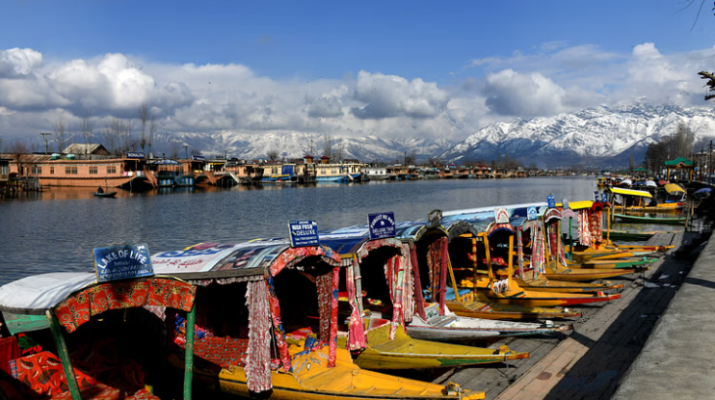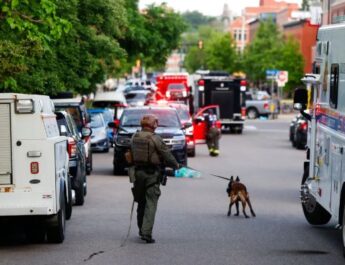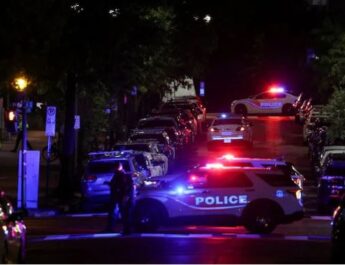The voting for the Anantnag-Rajouri parliamentary seat
The voting for the Anantnag-Rajouri parliamentary seat in Jammu and Kashmir was initially set for the third phase but has now been rescheduled for May 25. The Bharatiya Janata Party, Jammu and Kashmir People’s Conference, and Democratic Progressive Azad Party requested the Election Commission to delay the voting to May 7, while the National Conference insisted on keeping the original date. This report delves into the BJP’s reasons for postponement, the National Conference’s stance, and the Election Commission’s decision-making process.
Voting was to be held on May 7
The Anantnag-Rajouri seat’s voting in Jammu and Kashmir was initially planned for May 7. However, four political parties—Jammu and Kashmir Apni Party, People’s Conference, Democratic Progressive Azad Party, and Bharatiya Janata Party—approached the Election Commission, citing the closure of the Mughal road due to sudden snowfall, impacting the election campaign. They requested an extension of the voting date. Conversely, the National Conference and PDP argued that the Mughal Road was open, allowing for campaigning between Anantnag and Rajouri without disruption. They contended that despite adverse weather, traffic on the Anantnag-Rajouri route remained uninterrupted. Despite this, the Election Commission rejected their arguments and postponed the election from May 7 to May 25.
The real story of the decision to postpone voting?
The recent decision by the Election Commission to postpone voting due to snowfall holds a political backstory. Before 2022, Jammu and Kashmir had six Lok Sabha seats, including two in Jammu, three in Kashmir, and one in Ladakh. Following the Delimitation Commission’s decision in 2022, the map of Lok Sabha seats was revised. The new plan reduced Jammu’s Lok Sabha seats to two, while adding Poonch and Rajouri districts to the Anantnag seat in Kashmir, creating the Anantnag-Rajouri Lok Sabha seat, now comprising 18 assembly seats.
This shift sparked controversy in the Kashmir Valley, with established parties alleging that the BJP orchestrated this change to establish a foothold in the valley using Jammu region votes. The Anantnag-Rajouri seat now represents approximately 1.83 million voters, with around 1.094 million from the Kashmir Valley and 735,000 from the Jammu region.
While the BJP holds influence in Jammu, it struggles to gain ground in the Kashmir Valley due to the region’s predominantly Muslim population. Not fielding its candidates for the Anantnag-Rajouri seat, the BJP sought to delay voting to ensure Central Government schemes reached voters in the newly formed seat and secure victory for Zafar Minhas, whom the BJP supports.
Despite the snowfall and Mughal Road disruption, the Election Commission opted to change only the voting date to May 25, maintaining the nomination and withdrawal dates.
There is real competition between these two parties
The upcoming Lok Sabha elections feature a significant contest between former Jammu and Kashmir Chief Minister Mehbooba Mufti and National Conference candidate Mian Altaf Ahmed. The BJP is pinning its hopes on its candidate Zafar Minhas. Mehbooba Mufti faced defeat in the 2019 elections in Anantnag, where she had previously been successful in 2004 and 2014. Her father, Mufti Mohammad Sayeed, also won from Anantnag in 1998. However, the altered circumstances following delimitation indicate that the 2024 Lok Sabha elections will be a challenging endeavor for all candidates.




